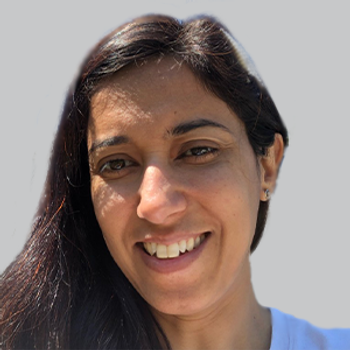
A phase 2 study presented at ECTRIMS 2025 showed that autologous adipose-derived mesenchymal stem cell therapy was safe and effective in patients with relapsing-remitting multiple sclerosis.

Isabella Ciccone, Content Associate, NeurologyLive®, has been with the team since September 2022. Follow her on X @iciccone7 or email her at [email protected]

A phase 2 study presented at ECTRIMS 2025 showed that autologous adipose-derived mesenchymal stem cell therapy was safe and effective in patients with relapsing-remitting multiple sclerosis.
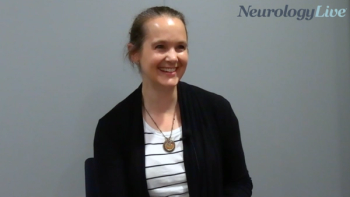
At ECTRIMS 2025, the associate professor of neurology at Yale School of Medicine talked about the 2024 diagnostic criteria, the preclinical phase of the disease, and progressive MS. [WATCH TIME: 3 minutes]

Here's some of what is coming soon to NeurologyLive® this week.
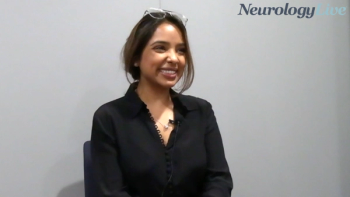
The executive director of The Sumaira Foundation (TSF) talked about TSF's research update and award ceremony held during ECTRIMS 2025. [WATCH TIME: 5 minutes]
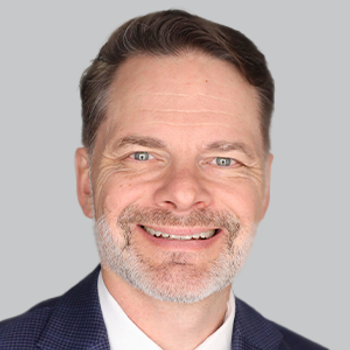
A global panel of experts revised NMOSD diagnostic criteria and updated disease classifications, distinguishing aquaporin-4 antibody–positive disease from related conditions such as MOGAD.

Take 5 minutes to catch up on NeurologyLive®'s highlights from the week ending September 26, 2025.
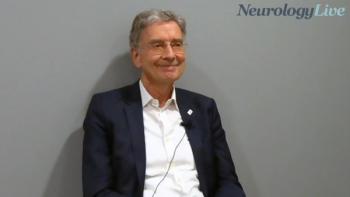
At ECTRIMS 2025, the professor of neurology at the University of Basel talked about the decades of progress in MS therapeutics and highlighted the need for comprehensive, early assessments for patients. [WATCH TIME: 4 minutes]
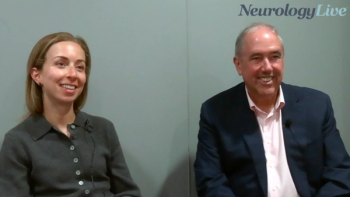
At ECTRIMS 2025, experts discussed using AI-powered unstructured data processing to enhance understanding of drug efficacy, safety, and patient outcomes in multiple sclerosis. [WATCH TIME: 3 minutes]

In a head-to-head phase 3 trial presented at ECTRIMS 2025, rituximab was noninferior to cladribine in preventing new or enlarging MRI lesions in relapsing-remitting multiple sclerosis.
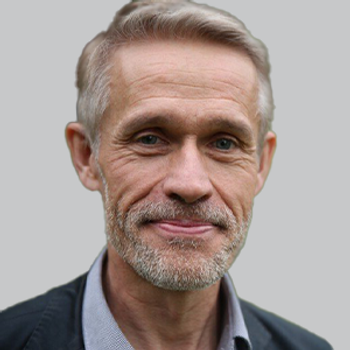
In a late-breaking presentation at ECTRIMS 2025, findings showed that annual administration of rituximab was noninferior in efficacy to the 6-monthly treatment for relapsing-remitting multiple sclerosis.
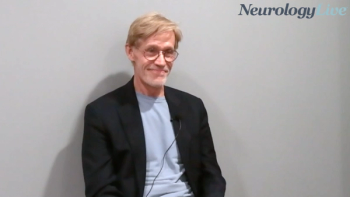
At ECTRIMS 2025, the professor of neurology at Karolinska Institutet provided clinical insights on results from the phase 3 RIDOSE-MS trial of yearly rituximab in relapsing-remitting multiple sclerosis. [WATCH TIME: 5 minutes]

At ECTRIMS 2025, the interim chief executive officer at the Consortium of Multiple Sclerosis Centers discussed recent progress in multiple sclerosis for treatment and diagnosis. [WATCH TIME: 5 minutes]
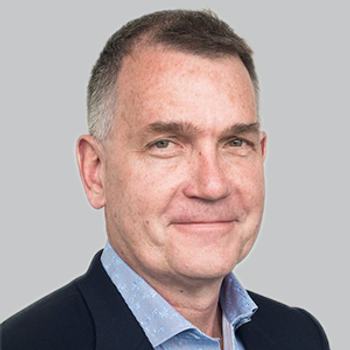
Late-breaking results of the ORATORIO-HAND study presented at ECTRIMS 2025 suggest that ocrelizumab slowed both overall disability progression and loss of hand function in patients with primary progressive multiple sclerosis.
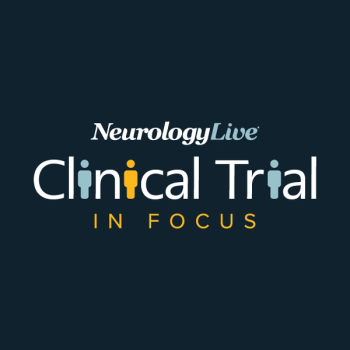
A new trial evaluates PIPE-307, a drug targeting M1 receptors, aiming to promote remyelination in relapsing-remitting multiple sclerosis patients.

Scholar Rock navigates FDA hurdles for apitegromab, a promising treatment for spinal muscular atrophy, aiming for resubmission after addressing manufacturing concerns.
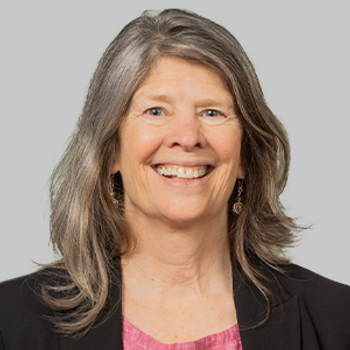
At the 2025 STARS Research & Education Conference, Lisa LaSalle, PhD, professor at California State University, Monterey Bay, highlighted risk factors and care interventions for stuttering in children.

Here's some of what is coming soon to NeurologyLive® this week.

Speech-language pathologist Lisa LaSalle, PhD, professor at California State University, Monterey Bay, highlighted the role of interdisciplinary collaboration in the management of stuttering.

Take 5 minutes to catch up on NeurologyLive®'s highlights from the week ending September 19, 2025.

Mind Moments®, a podcast from NeurologyLive®, brings you an exclusive interview with Michael Okun, MD. [LISTEN TIME: 14 minutes]
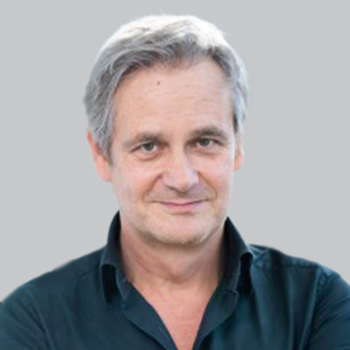
The latest McDonald Diagnostic Criteria revisions integrate imaging, biomarkers, and laboratory testing to create a more accurate, globally applicable framework for earlier diagnosis in MS.
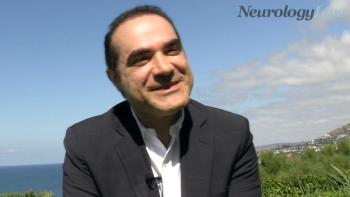
At the 2025 STARS Research & Education Conference, the assistant professor of neurobiology and behavior at Stony Brook University discussed the current understanding of stuttering. [WATCH TIME: 5 minutes]
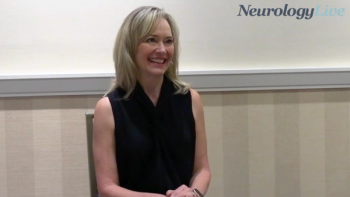
The CEO and cofounder of LSVT Global talked about how evidence-based therapies like LSVT LOUD and LSVT BIG can improve speech and movement in patients with Parkinson disease. [WATCH TIME: 5 minutes]

The director of the Adult Genetic Epilepsy Program at the University of Toronto shared “back-to-school” guidance on best practices in helping young patients with epilepsy transition to adult care.
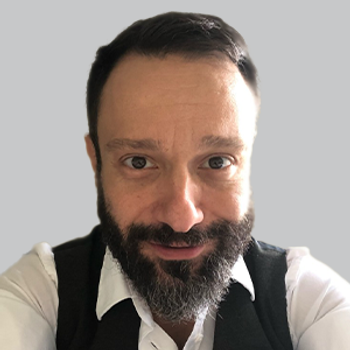
New research revealed that mesenchymal stem cells from patients with secondary progressive multiple sclerosis may increase proinflammatory T-cell activities compared with those from healthy controls.
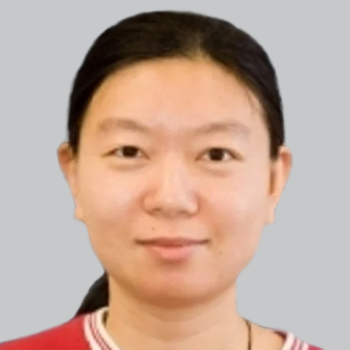
A recent study demonstrated that distinct aquaporin-4 changes in neuronal and glial synucleinopathies reflect different pathomechanisms and may warrant further investigation.
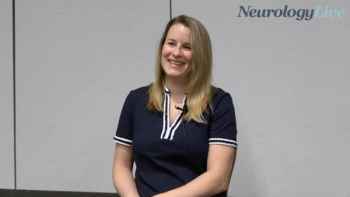
At AHS 2025, the assistant professor of neurology at Wake Forest Baptist Atrium Health discussed clinical interventions for women with enlarged breast who experience headache. [WATCH TIME: 4 minutes]
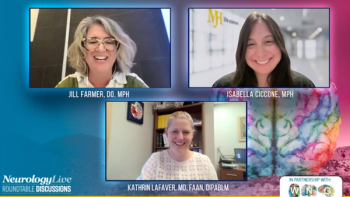
Movement disorder specialists from the Women Neurologists Group discussed supporting women in neurology through mentorship, innovation, and community connections. [WATCH TIME: 5 minutes]

Movement disorder specialists reflected on a decade of community, research, and career support in-person and online for members of the Women Neurologists Group. [WATCH TIME: 7 minutes]

Movement disorder specialists talked about how the 4th Annual Women in Neurology Conference will offer educational updates, career development, and networking opportunities for women across neurology. [WATCH TIME: 5 minutes]